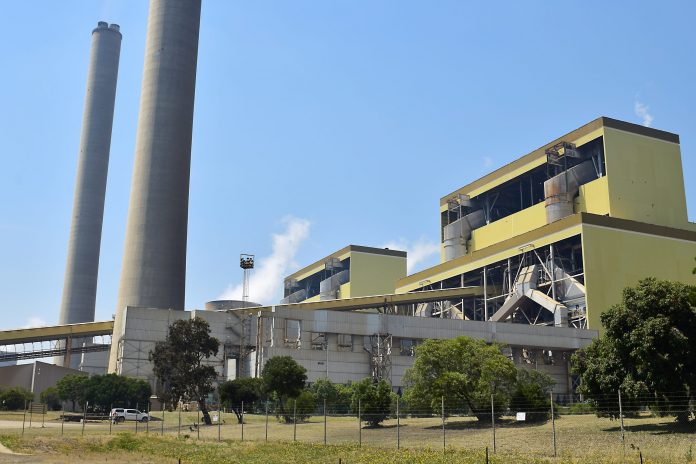PHILIP HOPKINS
By PHILIP HOPKINS
THE Victorian Supreme Court has dismissed a case against Latrobe Valley power stations brought by an environmental group alleging that the Environmental Protection Authority (EPA) breached climate change legislation when approving alterations to the stations’ pollution licences.
Environment Victoria, represented by Environmental Justice Australia, claimed that the EPA broke the law when approving licence amendments related to air pollutants such as sulphur dioxide and mercury for Loy Yang A, Loy Yang B and Yallourn power stations in 2021.
The environmental watchdog did not impose any limits on greenhouse gas emissions from the plants as part of its approvals. Environment Victoria maintained that the EPA had a duty to consider climate change and best practice ‘pollution’ reduction in its decisions.
However, Justice James Gorton last week dismissed the case, finding that the EPA had adequately considered the consequences for climate change when approving the alterations. He also said Victoria’s new Climate Change Act – the legislation was passed only in 2017 and this case was the first to argue that it applied to licence approvals – was not relevant to the EPA’s decision not to impose restrictions on mining licences.
EPA Victoria chief executive, Lee Miezis, said the regulator had “already taken steps to strengthen our processes and ensure climate change is demonstrably considered in all our regulatory decisions” since the disputed mine approvals.
“As an organisation, EPA is committed to raising the bar in environmental protection,” he told the Australian Financial Review after the judgment. “Scrutiny from organisations like Environment Victoria can only make us better.”
The peak body for electricity generators, the Australian Energy Council (AEC) welcomed the Supreme Court of Victoria’s decision, highlighting the efforts of power plant operators to meet stringent licence requirements.
A spokesman said “electricity generators in the Latrobe Valley operate their plants as efficiently as possible to minimise emissions, in compliance with rigorous licence conditions”.
“The amended licences were the result of an exhaustive and independent process. They drew on historical compliance records, air modelling and technical information.”
The AEC said reducing carbon emissions required stable economy-wide policy and was not a matter for local environmental licences.
“Any additional licensing requirements would compromise the role existing plants can play in supporting a reliable and affordable energy transition for Victorians.”
Environment Victoria chief executive, Jono La Nauze, said the decision was disappointing and “makes us question whether Victoria’s climate change laws are up to the task”.
“If the Climate Change Act doesn’t require limits to pollution from coal power stations – the biggest single source of emissions in the state – then it’s not really doing what the community expects and needs to be fixed,” he said.
“While the Andrews government is building publicly owned renewables through a revived State Electricity Commission, these private coal companies are getting away with profiting off pollution that damages our climate.
“Our laws must reflect the fact that climate change is already here and hurting communities, and if they’re failing to rein in emissions from the biggest polluters, that’s a serious flaw in their design.”
Mr La Nauze said if the EPA wasn’t protecting the environment and community from the most harmful forms of pollution, it was failing to live up to its name.
EJA senior specialist lawyer, Charley Brumby-Rendell, said the laws were not up to scratch and must be fixed. “We’ll work with Environment Victoria to consider the decision carefully and work out the next step in the fight for clean air and environmental justice,” he said.
AGL plans to shut Loy Yang A in 2035, Alinta is expected to close Loy Yang B in 2047 and Energy Australia will shut Yallourn in 2028.
The Australian Energy Council is the peak industry body for electricity and downstream natural gas businesses operating in the competitive wholesale and retail energy markets. AEC says its members generate and sell energy to 10 million homes and businesses and are major investors in renewable energy generation.
The AEC supports reaching net-zero by 2050, as well as a 55 per cent emissions reduction target by 2035, and says it is committed to delivering the energy transition for the benefit of consumers.












